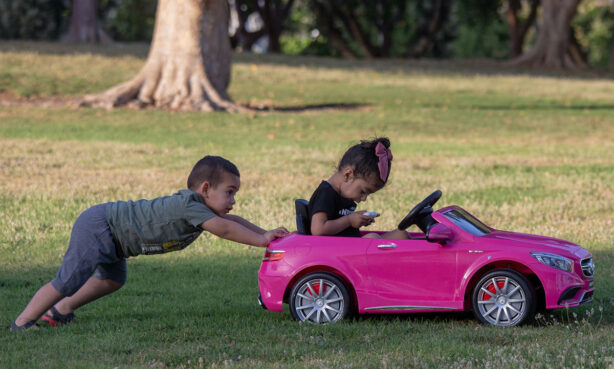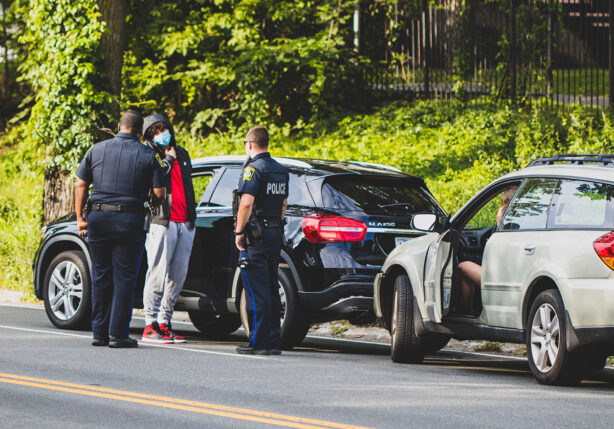Car accidents are always stressful, and they’re even more frightening if a child is involved. And figuring out what to do if you get in a car accident with your child isn’t easy.
The foundation of personal injury law is the idea that minors lack the same level of informed judgment as adults. That’s why there are specific guidelines for culpability and compensation for car accidents with a child involved.

A personal injury may significantly affect your child’s life, and could result in short-term pain, long-term incapacity, psychiatric illnesses, and other recurring problems.
You may want to consult with a knowledgeable car accident lawyer to help ensure your child makes a full recovery and is able to lead a healthy and productive life. Learn more here about the benefits a lawyer can provide.
Just remember to keep in mind these key considerations when a child is involved in a car accident in the USA:
Understanding a Minor’s Compensation Rights
Each state has a different process for obtaining compensation for a child injured in an automobile accident. However, a child’s right to compensation falls under the same category of damage as an adult’s personal injury claim.
Normally, children’s compensation may cover past and future medical costs, loss of future earning capacity, mental distress, and pain and suffering.
A parent or guardian may also be entitled to receive compensation for any monetary damages due to their child’s injury.
In certain states, a judge’s permission is required before a parent’s claim can be resolved. The child’s best interests are always put first in this process, which is generally straightforward.
Even when both parties have agreed to the settlement, the judge can still refuse to approve it if they believe it is not in the child’s best interests.
A Difference in the Limitations Statute
The statute of limitations in a typical personal injury action is two years from the date of the accident, when only adults are involved.
This is not the same when a child gets injured in an accident. The statute of limitations for cases involving minors begins when they turn 18.
Simply put, if a 10-year-old were to be injured in an accident, the statute of limitations for initiating a lawsuit would not begin until the child became 18, at which point they would have up to two years to do so.
A Guardian Ad Litem Is Required
A guardian ad litem is required when a juvenile is involved in a car accident. A guardian ad litem is the individual who represents the minor throughout the entire legal procedure, and may be the parent of the child.
The court may choose a different guardian ad litem if the parent was involved in the accident and either entirely or largely to blame for it.

Children May Not File Personal Injury Claims
A person that wants to file a personal injury claim must be at least 18 years old. However, a minor can ask a parent or other adult to submit a claim on their behalf.
There are a few differences between this approach and the standard claim submission process. If the parties involved would prefer, they can wait until the child is 18 before bringing their claim.
While the option of waiting is always available, it may not be ideal because important evidence can disappear over time.
If Children Cause Accidents
Legal responsibility for accidents caused by children follows similar guidelines to legal responsibility for accidents caused by adults. However, minors are not always held to the same high standards as adults may be.
When determining whether or not a kid is genuinely responsible for accidental damages that they have inflicted, the law has specific standards that apply to the various age groups. A younger child may simply not understand how reckless their behavior was.
This does not absolve the parents or legal guardians of responsibility, however. They may be held accountable for not supervising or disciplining their children.
Parent or Caregiver Obligations for a Juvenile’s Accidents
Teenagers who are still minors and are driving are most likely covered by their parent’s insurance policy – or may have their own. The parent is usually regarded to be liable, which means damages are collected from the parent’s insurance.
In most states, if the juvenile is the owner of the car but has no insurance, the parent will be liable for the damages, which are typically not less than $5,000 in collisions when the minor is at fault.

In general, the law provides the same rights for children involved in car accidents as it does for adults.
However, a claim like this requires parental involvement, and working with a lawyer is usually advised to ensure the claim is handled correctly.
